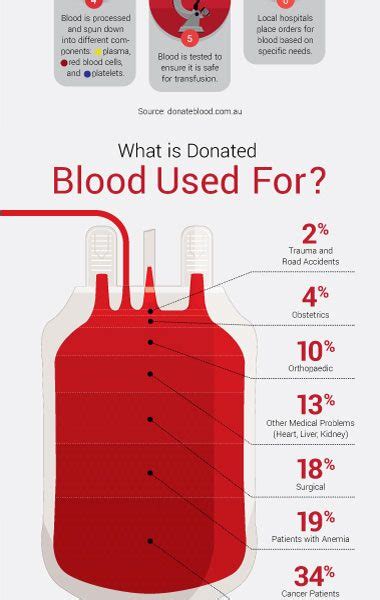Leg pain is a common complaint, particularly as people get older. While most leg pain is not serious, there are some cases when it can be a sign of a more serious underlying medical condition.

When to Worry About Leg Pain
In most cases, leg pain is not a cause for concern. However, there are some cases when it can be a sign of a more serious underlying medical condition. These include:
- Pain that is severe or persistent. If your leg pain is severe or does not go away after a few days, it is important to see a doctor.
- Pain that is accompanied by other symptoms. If your leg pain is accompanied by other symptoms, such as swelling, redness, or fever, it is important to see a doctor.
- Pain that is worse at night or when you are lying down. If your leg pain is worse at night or when you are lying down, it could be a sign of a blood clot.
- Pain that is associated with a recent injury. If your leg pain is associated with a recent injury, it is important to see a doctor to rule out any fractures or other injuries.
What Causes Leg Pain?
There are many different causes of leg pain, including:
- Muscle strains and sprains. These are the most common causes of leg pain. They are usually caused by overuse or injury.
- Arthritis. Arthritis is a condition that causes inflammation of the joints. It can cause pain, swelling, and stiffness in the legs.
- Blood clots. Blood clots can form in the veins of the legs. They can cause pain, swelling, and redness.
- Peripheral artery disease. Peripheral artery disease is a condition that causes narrowing of the arteries in the legs. It can cause pain, cramping, and numbness in the legs.
- Nerve damage. Nerve damage can cause pain, numbness, and tingling in the legs. It can be caused by a variety of conditions, including diabetes, spinal cord injuries, and shingles.
How to Treat Leg Pain
The treatment for leg pain will depend on the underlying cause. In most cases, home treatment will be sufficient. This may include:
- Resting the leg
- Applying ice to the leg
- Taking over-the-counter pain medication
- Elevating the leg
In some cases, more aggressive treatment may be necessary. This may include:
- Physical therapy
- Surgery
- Medication
Preventing Leg Pain
There are a number of things you can do to prevent leg pain, including:
- Maintaining a healthy weight. Being overweight or obese can put extra stress on your legs.
- Exercising regularly. Exercise can help to strengthen the muscles in your legs and improve your circulation.
- Wearing comfortable shoes. Wearing shoes that are too tight or too high can put pressure on your feet and legs.
- Avoiding prolonged sitting or standing. Prolonged sitting or standing can put stress on your legs.
- Quitting smoking. Smoking can damage the blood vessels in your legs and increase your risk of blood clots.
Conclusion
Leg pain is a common complaint, but it is not always a cause for concern. However, it is important to be aware of the symptoms of more serious underlying medical conditions. If you are experiencing leg pain that is severe, persistent, or accompanied by other symptoms, it is important to see a doctor.
















